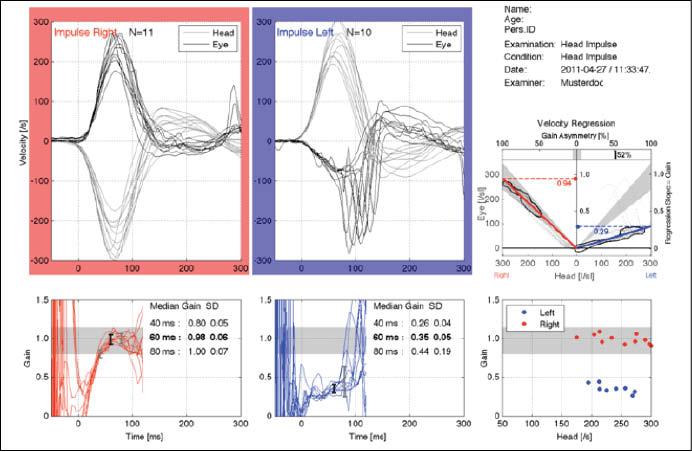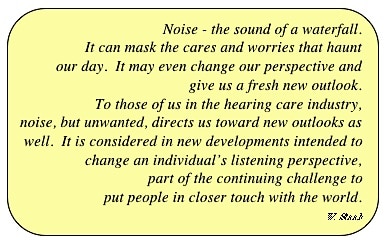Apr. 26, 2016
Last week we reviewed a post discussing the occasional finding of downbeat vertical nystagmus when bringing the patient back up to the seated position after performing canalith repositioning (AKA the Epley maneuver) for posterior canal BPPV. Well, last week, I saw a particularly unusual presentation of that particular unusual presentation. I had a referral from a local Otolaryngologist that was comfortable










